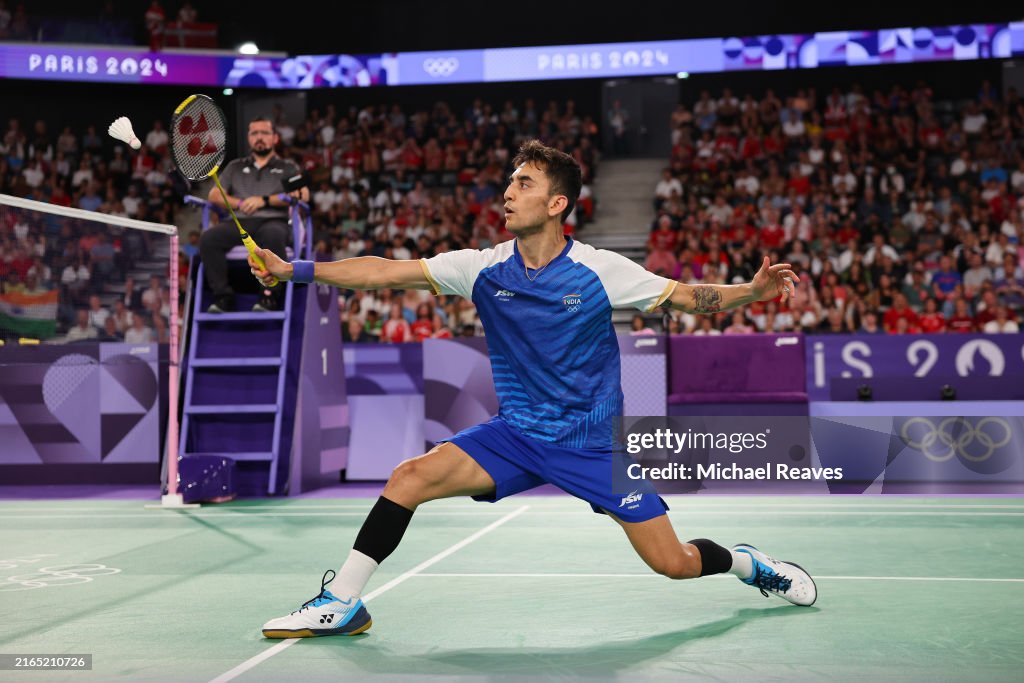Cricket has evolved from a gentleman’s game to a global phenomenon, with the Indian Premier League (IPL) at the forefront. The IPL isn’t just a cricket tournament; it’s a spectacle that captures the imagination of millions worldwide.

Evolution of IPL
A. Inception and Early Years
The IPL kicked off in 2008, bringing a new format of T20 cricket. Initially met with skepticism, it soon became a breeding ground for talent and entertainment.
B. Global Expansion
Over the years, the IPL has transcended boundaries, attracting international players and a diverse global audience. The league has become a melting pot of cultures, making it a truly global sporting event.
C. Technological Advancements
Embracing technology has been crucial to the IPL’s success. From Decision Review System (DRS) to innovative camera angles, the league constantly pushes the boundaries of sports broadcasting.
Organizational Structure
A. Board of Control for Cricket in India (BCCI)
The BCCI plays a pivotal role in the IPL’s functioning. As the richest cricket board globally, it manages and oversees the league, ensuring its smooth operation.
B. Franchise Teams
The heart of the IPL lies in its franchise teams. These teams are not just cricket entities but brands with massive fan bases. The competition off the field is as fierce as on it.
C. Players Auction
The IPL auction is a spectacle in itself. Teams bid for players, and strategic team-building becomes crucial. The auction dynamics often set the tone for the upcoming season.
Behind the Scenes
A. Event Planning and Coordination
Organizing a two-month-long tournament involves meticulous planning. From scheduling matches to coordinating with various stakeholders, the behind-the-scenes work is a well-oiled machine.
B. Venue Management
IPL matches are held across different cities, requiring efficient venue management. The logistics of shifting teams and setting up matches seamlessly are a testament to the organizational prowess.
C. Broadcasting and Media Rights
Securing broadcasting and media rights is a significant revenue stream for the IPL. The league’s popularity translates into lucrative deals, making it a win-win for both the organizers and broadcasters.
Challenges Faced
A. Logistics and Travel
Coordinating travel for teams across a vast country can be challenging. Ensuring timely arrivals, comfortable stays, and smooth transitions between cities are constant hurdles.
B. Player Injuries
Injuries are an inherent risk in sports. Managing player injuries and ensuring fair play while maintaining the competitive spirit is a delicate balance.
C. Controversies
Like any major sporting event, the IPL has had its share of controversies. From match-fixing allegations to player behavior issues, navigating through these storms requires a robust crisis management strategy.
Success Stories
A. Impact on Cricket
The IPL has revolutionized cricket, particularly the shorter formats. It has contributed to the rise of aggressive playing styles and unearthed talents who have gone on to shine on the international stage.
B. Economic Boost
Beyond the cricket field, the IPL has significant economic implications. It injects substantial revenue into local economies, from hospitality to merchandise sales.
C. Fan Engagement
The IPL’s success lies in its ability to engage fans. The league has embraced social media, interactive apps, and fan events, creating an immersive experience for supporters.
Future Prospects
A. Innovations in IPL
Constant innovation is the key to the IPL’s longevity. From introducing new rules to exploring cutting-edge technologies, the league is committed to staying ahead of the curve.
B. Globalization Plans
The IPL’s vision extends beyond borders. Plans for globalizing the league further could see teams playing on international grounds, expanding its reach and fan base.
Conclusion
In conclusion, the IPL isn’t just a cricket tournament; it’s a phenomenon that has redefined the sport. Behind the scenes, a well-orchestrated machinery ensures the league’s success, making it a global spectacle that transcends boundaries.
FAQs
How are IPL teams formed during the auction?
IPL teams bid for players during the auction, forming their squads strategically based on player availability and team requirements.
What role does technology play in the IPL?
Technology is integral to the IPL, from broadcasting innovations to the Decision Review System (DRS) used during matches.
How does the IPL impact local economies?
The IPL injects significant revenue into local economies through increased tourism, hospitality, and merchandise sales.
What challenges does the IPL face in terms of player injuries?
Player injuries are a constant challenge, and managing them requires a delicate balance between player well-being and the competitive spirit.
How has the IPL contributed to the evolution of cricket?
The IPL has revolutionized cricket by promoting aggressive playing styles and providing a platform for emerging talents to showcase their skills.



